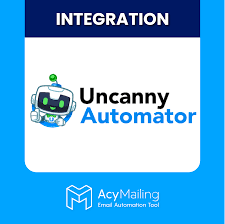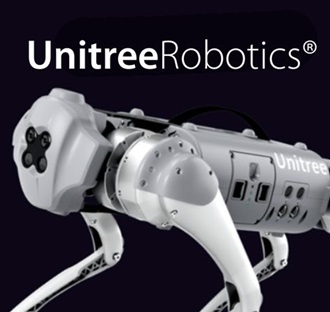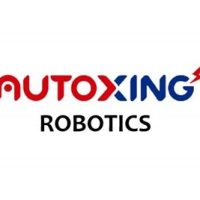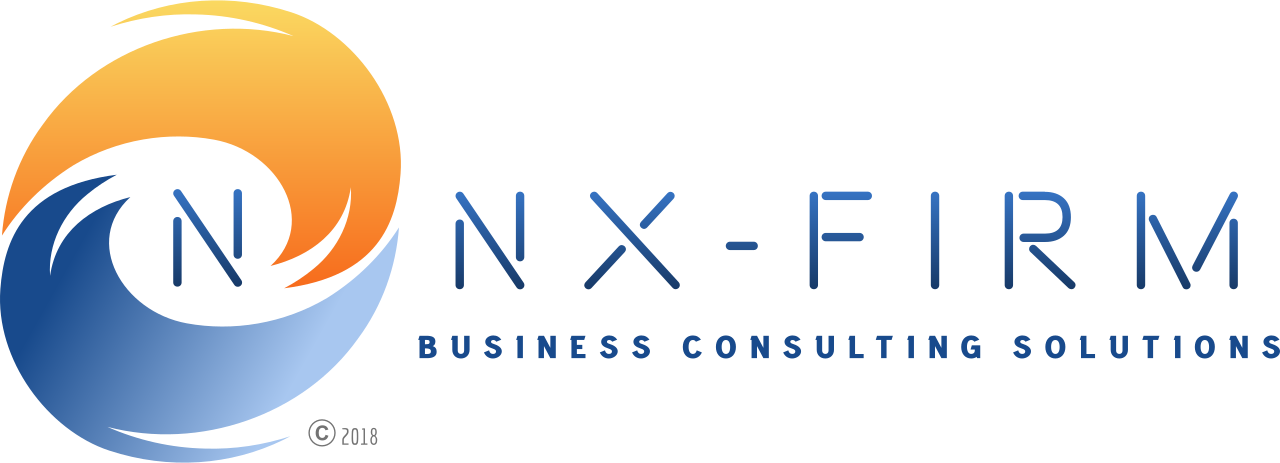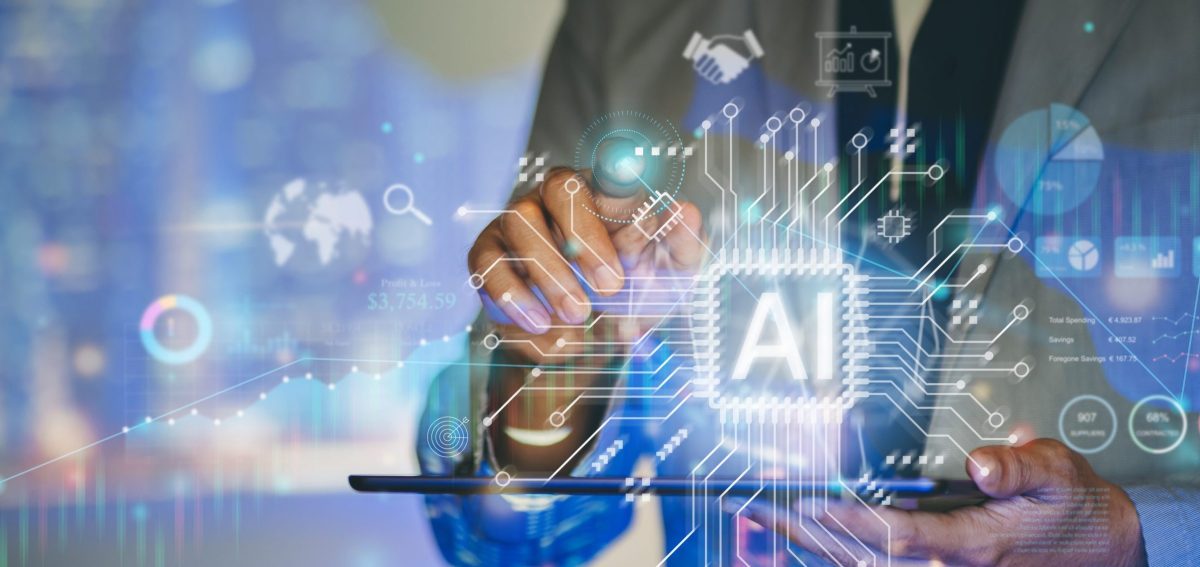Trucking Workforce



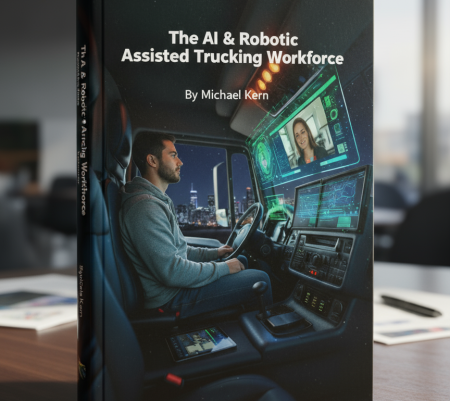
The AI & Robotic Assisted Trucking Workforce
The hum of diesel engines, the vast networks of highways, the ceaseless movement of goods—these are the defining characteristics of the trucking industry, an often unseen but utterly vital component of the global economy. For generations, the human driver has been the solitary hero of this enterprise, navigating complex routes, managing challenging schedules, and enduring the rigors of long-haul transport. However, the landscape is shifting dramatically. We are on the cusp of a profound transformation, driven by the rapid advancements in Artificial Intelligence (AI) and robotics, technologies that are no longer confined to the realm of science fiction but are becoming increasingly integral to the fabric of modern logistics. This book, "The AI & Robotic Assisted Trucking Workforce: Navigating the Future of Freight," is an exploration of this imminent future. It is written for the leaders, the strategists, and the practitioners within the trucking and logistics industries who must not only understand these technological shifts but also actively shape their integration. Our primary audience includes C-suite executives, fleet managers, operations directors, and owners of trucking companies who are tasked with steering their organizations through an era of unprecedented change. We also speak to the industry professionals—drivers, mechanics, and logistics coordinators—whose daily work is directly impacted, offering insights into how their roles will evolve and how they can best adapt. Furthermore, this work will resonate with industry analysts, technology investors, and policymakers keen to grasp the trajectory of transportation and its societal implications.
The core thesis of this book is that the integration of AI and robotics in trucking is not an inevitable march towards human obsolescence. Instead, it represents a powerful opportunity to create an "AI & Robotic Assisted Workforce." This paradigm shifts the focus from replacement to augmentation, envisioning a future where intelligent systems handle the tasks that are repetitive, dangerous, or data-intensive, thereby freeing human professionals to concentrate on oversight, complex problem-solving, strategic decision-making, and fostering crucial relationships. We will delve into how AI can enhance driver safety and performance, how robotics can automate strenuous loading and unloading processes, and how intelligent fleet management systems can optimize operations on an unprecedented scale. .
We will confront the anxieties surrounding automation head-on, acknowledging the legitimate concerns about job security. By drawing parallels from historical technological revolutions, we aim to contextualize the current changes, demonstrating that disruption, while challenging, often leads to the creation of new roles and enhanced productivity. This book will serve as a guide, providing a clear roadmap for implementation, highlighting the economic imperatives, and exploring the ethical considerations that must accompany this technological evolution. Our goal is to equip you with the knowledge and strategic perspective necessary to not just survive but thrive in the AI-driven future of trucking, fostering a collaborative ecosystem where technology amplifies human potential for a more efficient, safer, and sustainable industry.
About The Author
Michael Kern: Author of The AI & Robotic Assisted Trucking Workforce
Michael Kern, author of the insightful book series The AI & Robotic Assisted Workforce, brings over 40 years of hands-on experience in surveillance, robotics, and AI-driven systems. His career began in high-security environments, where he helped establish protection standards for banking data centers and government facilities in collaboration with the U.S. Secret Service and the Reagan Administration.
Kern’s early adoption of robotics in the 1980s, through his work with Cybermotion Robotics, positioned him as a visionary during the shift from mainframe to personal computing. He later integrated foundational AI chipsets into surveillance systems capable of subject recognition and behavioral analysis—technologies that would evolve into today’s intelligent platforms.
As an independent consultant, Kern has led major projects for global clients across industries including automotive, aviation, finance, hospitality, education, pharmaceuticals, and government. His focus on practical implementation and change management has helped organizations navigate the human side of technological transformation.
In his book series, Kern advocates for a collaborative future where AI and robotics assist rather than replace human workers. His writing offers strategies for overcoming resistance to change and fostering workforce adaptation—empowering companies to embrace intelligent technologies with a human-centric approach.





